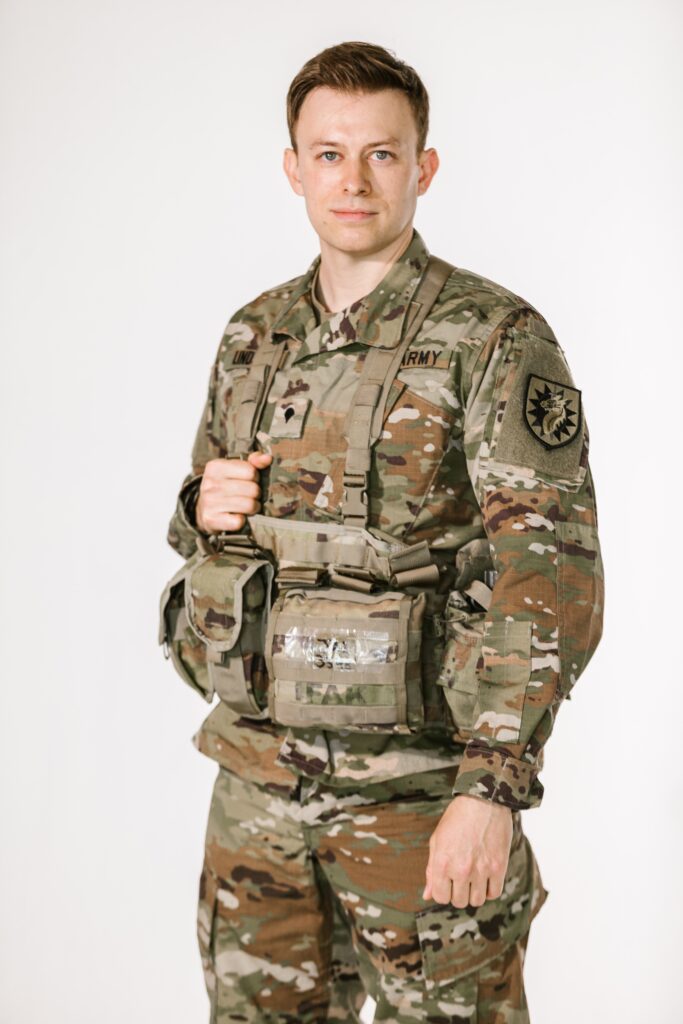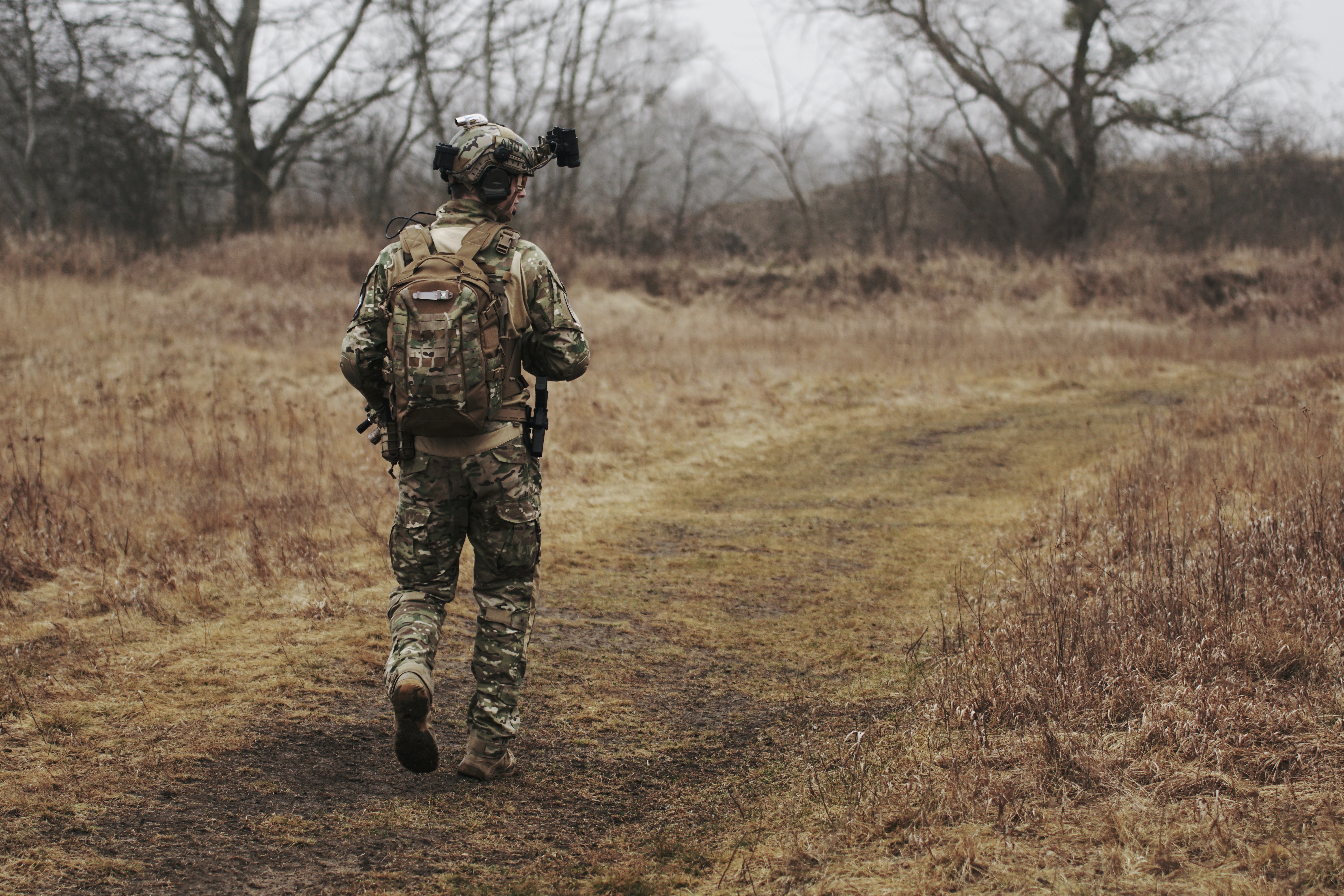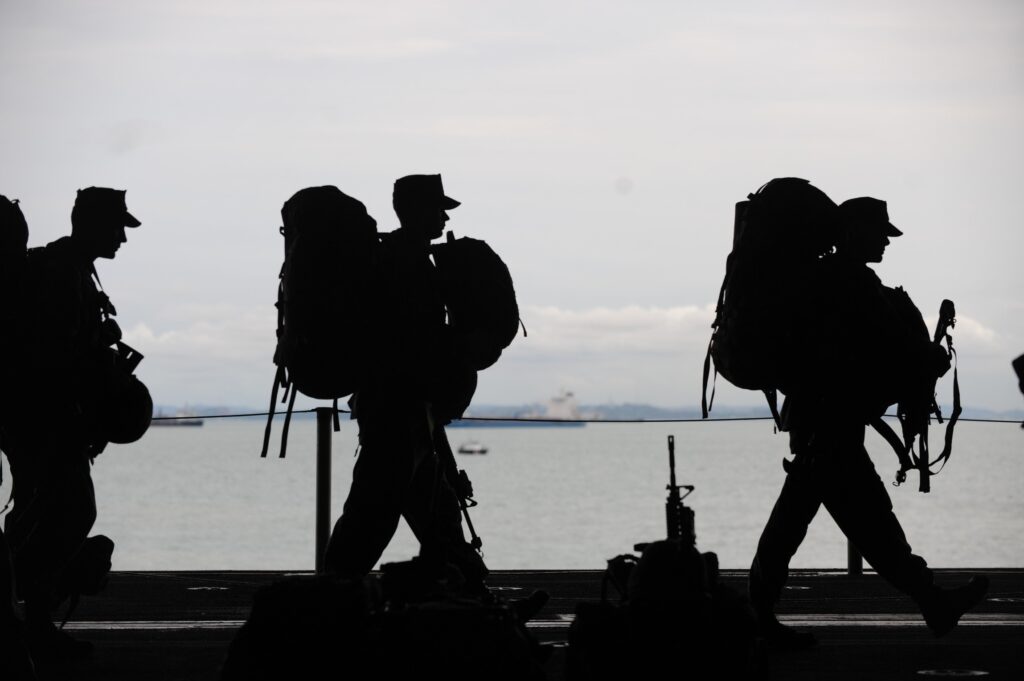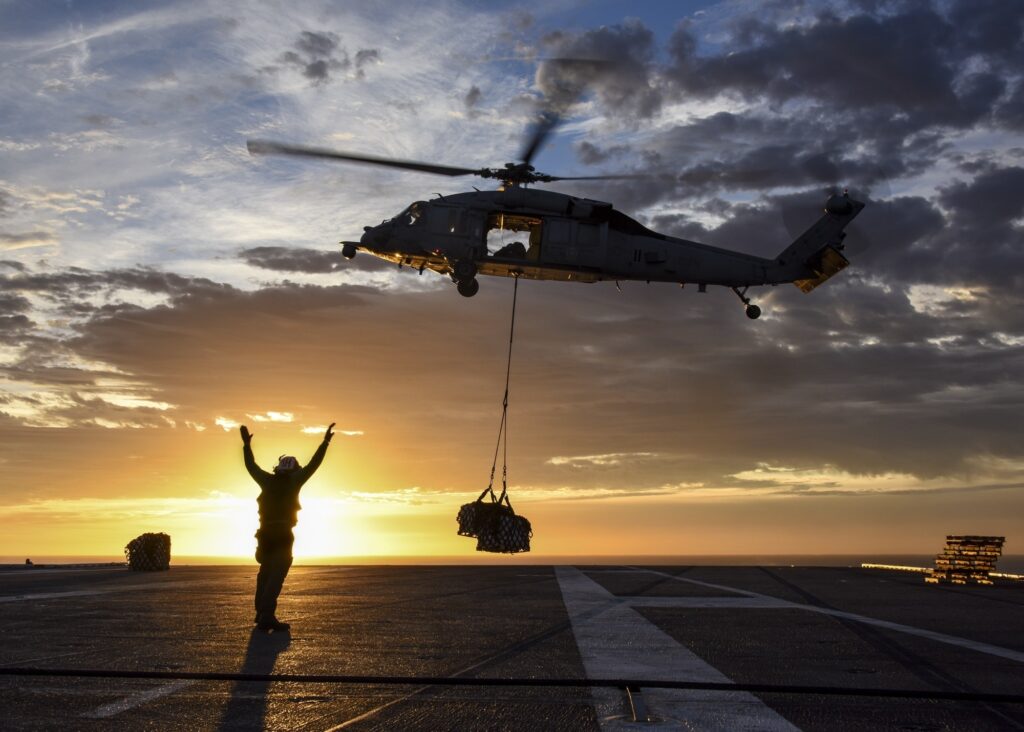The Veteran in a New Field: Insider Information from Healthier Veterans Today! A “veteran” is someone who has proudly served in the active military, air service, or naval and has been discharged or released from the service under conditions other than dishonorable. In this article, we’ll take you on a journey through war and the experiences of military veterans who have served their country. War isn’t as cut and dry as one may think, and as you’ll soon realize, it’s not all guns and glory.
The Veteran in a New Field: Insider Information from Healthier Veterans Today – Do Military Veterans have Mental Illness?

The Veteran in a New Field, or Previous Field: As the United States enters 20 years of continuous war, the media and people with personal military connections have raised public and professional concerns about veterans’ and service members’ mental health. PTSD and depression are veterans’ most widely publicized mental health issues. According to some studies, 14% to 16% of US service members deployed to Afghanistan and Iraq suffer from PTSD or depression. Although these mental health issues are highlighted, other topics such as suicide, traumatic brain injury (TBI), substance abuse, and interpersonal violence can also be detrimental to this population.
The consequences of these issues can be far-reaching and significantly impact service members and their families. While combat and deployments are associated with an increased risk of these mental health conditions, general military service can also cause problems. There is no set timetable for presenting these mental health issues. Even so, there are times when individuals and families are particularly stressed, such as when they are close to combat or are separated from active military service.
The Consequences of Deployment and Combat: The Veteran in a New Field, or Previous Field

The Veteran in a New Field: Insider Information from Healthier Veterans Today! Approximately six-in-ten veterans (61%) report being deployed away from their permanent duty station at least once while on active duty, with roughly three-in-ten (29%) reporting being deployed three or more times. Approximately four-in-ten veterans (38%) were not deployed during their military service.
Post-9/11 veterans are far more likely to have been deployed than previous generations. Approximately three-quarters of post-9/11 veterans (77%) were deployed at least once, compared to 58% of pre-9/11 veterans.
Veterans who served as noncommissioned officers, also known as NCOs (74%), commissioned officers (58%), or enlisted servicemembers (54%), are more likely to have been deployed at least once. Furthermore, NCOs are more likely than enlisted personnel to have had multiple tours: 60% saw three or more deployments, compared to 36% of enlisted personnel.
Many veterans report that their deployments aided their careers but had an unfavorable impact on their physical and mental health. Approximately half (51%) say their deployments improved their chances for promotion and advancement in the military, and 38% say they improved their financial situation. A sizable proportion says deployment had no effect on these aspects of their lives (41% on promotion and advancement, 47% on financial situation), and only a minority say deployment had a negative impact.
How Did Deployment Affect Their Health?
The Veteran in a New Field: Insider Information from Healthier Veterans Today! Among veterans deployed, 23% say their deployments have harmed their physical health, and an equal share says that deployment has had a negative impact on their mental health. Approximately three in ten say their deployments improved their physical (28%) and mental (27%) health, while roughly half say they had no effect.
Veterans that have combat experience are more likely to say that being deployed provided financial benefits: 44% of veterans that have combat experience say their deployments improved their financial situation, compared to 34% of veterans that have no combat experience. That said, combat veterans are more likely than non-combat veterans to say their deployments harmed their physical health: 37% say this, compared to 14% of non-combat veterans. Their mental health follows a similar pattern.
How Did Deployment Affect Their Finances? The Veteran in a New Field, or Previous Field

The Veteran in a New Field: Insider Information from Healthier Veterans Today! Even after controlling for post-9/11 veterans are more likely to have combat experience, post-9/11 veterans are much more likely than pre-9/11 veterans to say their deployments positively impacted their financial situation. 68% of post-9/11 combat veterans with combat experience say their deployments helped them financially, compared to 30% of pre-9/11 combat veterans. However, they are more likely to share that their deployments harmed their mental health: approximately half of post-9/11 combat veterans (52%) note this, compared to 28% of pre-9/11 combat veterans.
Does Gender Make a Difference?
There are gender differences. Women are more likely than men to report that their deployments harmed mental health (39% vs. 22%).
Regarding promotion and advancement within the military, officers are more likely than enlisted members to say their deployments had a positive impact. Approximately six-in-ten commissioned officers (61%) and noncommissioned officers (57%), compared to 46% of enlisted servicemembers, say their deployment had a positive impact on their chances of advancement in the military.
Military Veterans Have Seen the Worst

The Veteran in a New Field: Insider Information from Healthier Veterans Today! Six out of ten combat veterans report seeing somebody in their unit or an allied unit injured or killed. Approximately one-third of all veterans (29%) had combat experience in their military career. The proportion is significantly higher among veterans who served after 9/11. About half of post-9/11 veterans (49%) have combat experience, compared to 24% of pre-9/11 veterans.
Approximately half of all veterans (51%) report that someone they knew or served with was severely hurt while performing military duties. This includes 35% of those who said they knew someone injured in combat, and 16% said the injury was unrelated to combat. Four out of every ten veterans say someone they knew and served with was killed while on duty (30% say it was combat-related, 10% say it was not).
The Veteran in a New Field: Veterans with combat experience are far more likely to know someone who was killed or injured than those without it. Approximately three-quarters of combat veterans (74%) say they know someone who was seriously injured while serving in the military, compared to 41% of non-combat veterans.
Furthermore, combat veterans are nearly twice as likely as noncombatants to say that they know and serve alongside someone who was killed while performing their duties (62% vs. 31%).
Knowing someone injured or killed while performing their duties varies by rank. Commissioned officers (54%) and noncommissioned officers (41%) far outnumber enlisted servicemembers (28%) in knowing someone who was seriously injured in combat while carrying out their duties. Likewise, 43% of commissioned officers and 38% of noncommissioned officers report knowing someone killed in action, compared to 22% of enlisted personnel.
Many veterans witnessed these events firsthand. 57% of combat veterans say they saw someone from their unit or an allied unit being seriously injured or killed. Veterans of all ranks and eras are equally likely to have had this experience.
One-in-five veterans say they were seriously injured while performing military duties: 5% say they were wounded in combat, and 15% say their injury was unrelated to combat. 16% of veterans with combat experience say they were seriously injured in battle.
Approximately half of the post-9/11 combat veterans believe they have PTS.

The Veteran in a New Field: Insider Information from Healthier Veterans Today! Given the breadth of these experiences, it’s not surprising that many veterans report emotional trauma due to their military service. Overall, three out of every ten veterans say emotionally traumatic or distressing experiences related to their military service. 15% have sought help for emotional issues related to their military experience. And 18% believe they have suffered from post-traumatic stress (PTS) as a result of their military experiences, regardless of whether they sought help.
Significant disparities exist between veterans who served before 9/11 and those who served after. Approximately half (47%) of post-9/11 veterans report emotionally traumatic or distressing experiences, compared to one-quarter of pre-9/11 veterans. Similarly, one-third of post-9/11 veterans (35%), compared to one-tenth of pre-9/11 veterans, say they sought help for emotional issues. Veterans who served Post-9/11 are more likely than pre-9/11 veterans to report having PTS (36% vs. 14%).
Not surprisingly, combat veterans are more likely to have had traumatic experiences. Approximately half of all combat veterans (52%) report emotionally traumatic experiences as a result of their military service. This is especially true for post-9/11 combat veterans (62%). Approximately three-in-ten combat veterans (31%) seek help for emotional issues related to their service, compared to 8% of veterans that have no combat experience. As mentioned before, veterans who served in combat after 9/11 are more likely to seek help – 48% say they sought help from a doctor or counselor for emotional issues related to their service.
Combat Veterans Explain Everything We Need to Know About War

The Veteran in a New Field: Insider Information from Healthier Veterans Today! Provided below are stories from Military Veterans and their experiences. This is what they want us to know about war.
Charles Battle
Vietnam veteran
Stay Alive.
I witnessed one of my friends being blown up. He was killed when he stepped on an anti-tank mine. His boot was covering half of his leg. Another pal crashed his Jeep into a pine tree. He had twin daughters whom he had never met. Then another of his pals is in a Raleigh hospital. He murdered a 12-year-old girl who came into camp carrying dynamite. She had been a suicide bomber. We would have all been killed. He was the only one who dared to shoot her. It messed with his head, and he’s now in a mental hospital.
Fred Kempe
Air Force
War is the world’s greatest evil. All other evils are contained within it. It is heinous that it has been left to our youth.
Allen Hallmark
Army
The veteran in a new field, or previous field! You should first understand that war is a lie. Before enlisting in the military, please read David Swanson’s War Is a Lie. The book is a comprehensive refutation of every major argument used to justify wars, drawing on evidence from numerous previous wars, focusing on those wars defended as just and good. Recruiters begin lying because they must meet quotas. My recruiter lied to me, and drill instructors, officers, and NCOs lied to me throughout my four years in the Army.
You should be aware that war is not a romantic experience. Even if you never pull a trigger or drop a bomb, you become a part of a killing machine. You are complicit in the deaths of innocent civilians, the destruction of cities, and the devastation of the environment.
You should be aware that joining the military to straighten your life and earn money for college or vocational training is unlikely to work out. Every year, thousands of soldiers and veterans commit suicide, inflict violence on family members, or are otherwise tormented by their experiences. It isn’t worth it!
The Veteran in a New Field: Insider Information from Healthier Veterans Today! Is Going to War Worth it?
The Veteran in a New Field or Previous Field! Is going to war worth it? We’ll leave that to you to decide. The brave military members are risking their lives daily to stop a possible threat, yet at what cost? War is no romantic experience, as Allen Hallmark said.





